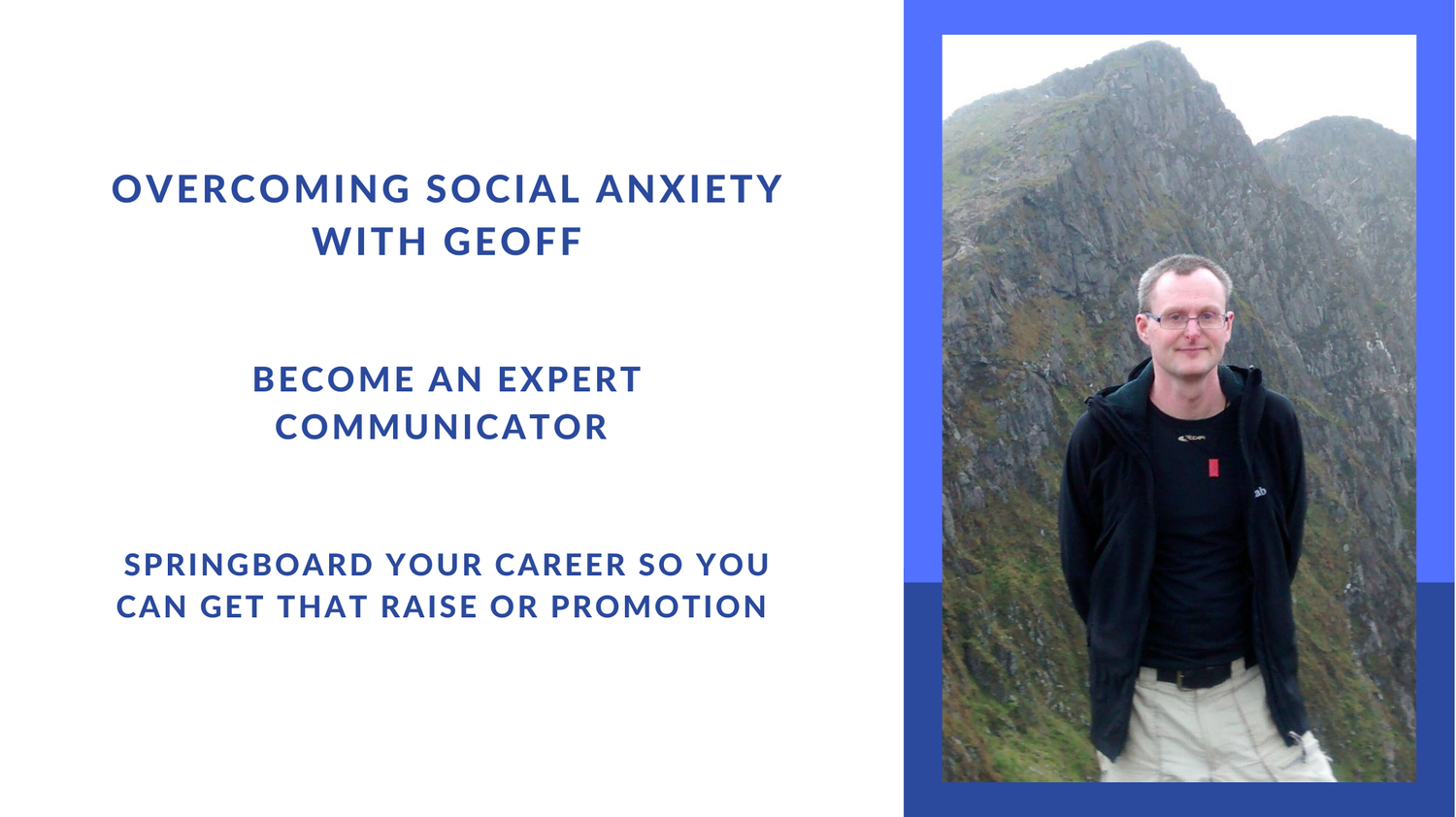Keith Anderson writes in The Guardian (Sun 29 Sep 2019) writes about “How to get started as a runner.“ He recommends a gentle approach if you are not used to exercise. “Body conditioning is a good way to ease yourself in; cross-training leading on to easy runs is better than going from zero to flat out.” Keep it fun and comfortable. A 20-30 minute run is likely to keep you motivated.
https://www.theguardian.com/lifeandstyle/2019/sep/29/how-to-get-started-as-a-runner?fbclid=IwAR2eHjcF5Ir_PSfhTxSIRmnsb_3fxJfaU675f6Edj5gmMTJ8DMSKQtTjs3c
Dancing makes you happy according to psychology-spot.com. In a two year study psychologists looked at the effect of regular dance classes on teenagers who suffered from anxiety, depression and stress, in addition to presenting psychosomatic symptoms such as neck and back pain. After two years, the group that attended dance classes showed a significant improvement in psychosomatic symptoms and an increase in happiness.
https://psychology-spot.com/dancing-makes-me-happy/?fbclid=IwAR1--vIV6R8gHoX4vDj9woDRtdaXA4vUHOwdPMrT_mGeF7sHyKZLpephMdQ
Higher Perspective write about hip and lower back pain. It affects 30 million people between the ages of 20 and 64. Our sedentary lifestyles lead to tightness, especially between the shoulders, and pain. It offers nine east stretches to release and relive this pain.
https://www.higherperspectives.com/easy-stretches-2627924630.html?fbclid=IwAR2pK0wTdOnRQgsl07UuJyaSylUA0ZmxJN2h8CSsGxjL_Glzl7q-Jbl6zbE
Gretchen Reynolds writes that physically fit young adults have healthier white matter in their brains and better thinking skills than young people who are out of shape (The New York Times, Oct. 5, 2019)
https://www.nytimes.com/2019/10/02/well/move/being-young-active-and-physically-fit-may-be-very-good-for-your-brain.html?fbclid=IwAR3PJt5US9cjEKDFSkWaglLitvkG564sQE4Dya36M31fH1vShQ3De-ALYtA
Walking 8900 steps per day could lower risk of Alzheimer's according to researchers from Harvard University:
https://www.independent.co.uk/life-style/health-and-families/alzheimers-disease-dementia-walking-health-study-risk-a9007846.html?fbclid=IwAR2soBYHy4pgEu9St0l_2h5A-JNvz9f_k2igpcoKUBGNSB_5TR3oyecbj8M
Simple exercise you enjoy may be better than obsessive exercise writes Gwendolyn Smith in The Guardian (July, 2019):
https://www.theguardian.com/lifeandstyle/2019/jul/15/eating-disorder-obsessive-exercise-swimming-plumpness-power?fbclid=IwAR1cL1T1LYb3igrj57YBx0ssAbdg5makDtqSimLVzvCOdljrTL5e1M6DjUM
Neuroscientist Shane O’Mara believes that plenty of regular walking unlocks the cognitive powers of the brain like nothing else. Amy Fleming (The Guardian, July 2019) met him on a walk to discuss his findings:
https://www.theguardian.com/lifeandstyle/2019/jul/28/its-a-superpower-how-walking-makes-us-healthier-happier-and-brainier
Stretching before exercise does not reduce the risk of local muscle injury: a critical review of the clinical and basic science literature:
https://europepmc.org/abstract/med/10593217
I have studied Qigong at the College of Chinese Medicine as part of my Acupuncture Degree. I have also Taiji and Qigong for nearly twenty years. This enables me to offer the right exercises to help recover from stiffness and also from musculoskeletal injuries.


